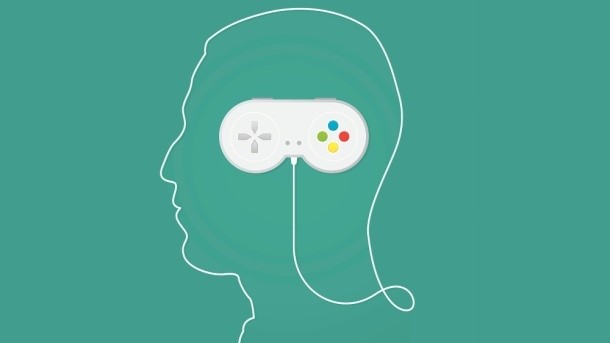Free Courses Sale ends Soon, Get It Now


Free Courses Sale ends Soon, Get It Now



Disclaimer: Copyright infringement not intended.
Context
About
Impact of gaming on health
Steps being taken
India’s Case
Way ahead
© 2024 iasgyan. All right reserved